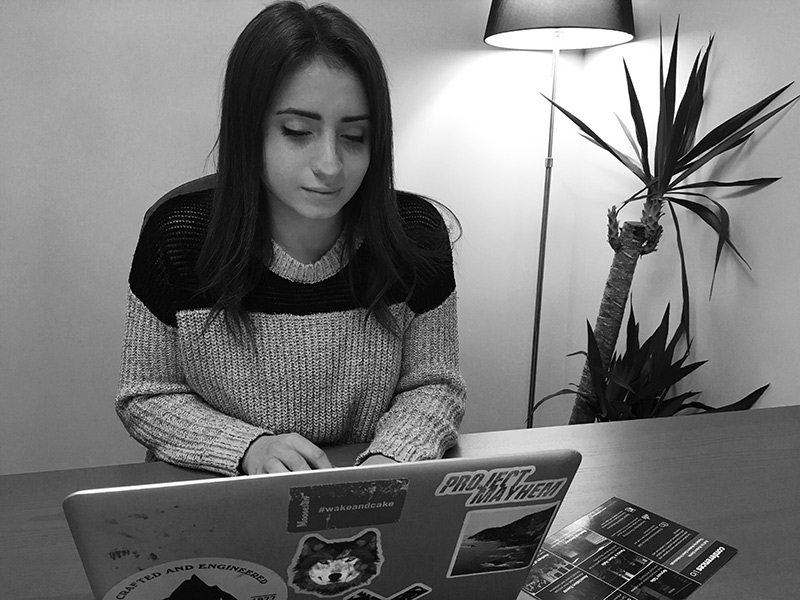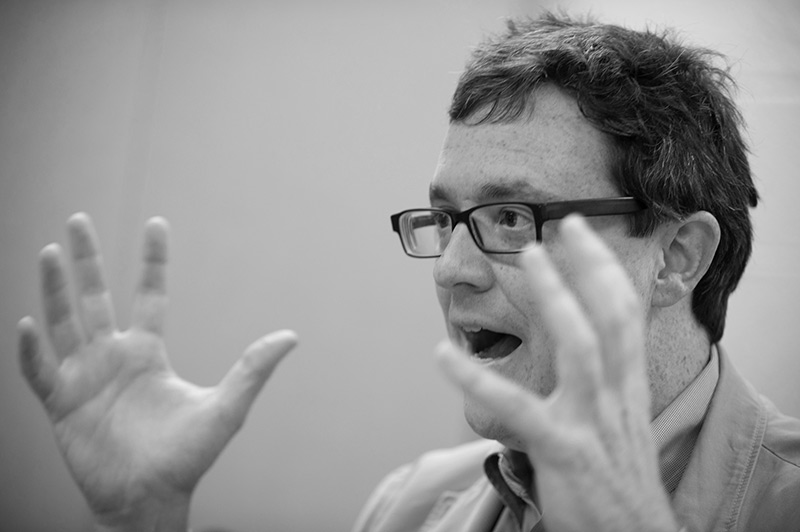What Event Organizers Can Learn From College Professors

My name is Raquel Tabak. I am a student currently enrolled at Michigan State University. Although professors and event professionals are a bit different profession-wise, they both accomplish the similar goal of pleasing their audiences while delivering high quality educational experiences.
I was curious about what my professors do that make them successful when speaking to their students, so I got in touch with a few here at Michigan State University. It is on a daily basis that professors and the alike need to ensure that they are giving the best presentation they possibly can. Thus, these tactics and theories can also benefit event professionals. Here are some key pieces of information I found from my research that event organizers can learn from college professors when it comes to speaking to an audience.
Sessions should flow from one to another
It is important when giving multiple presentations to create sessions that flow. If you attended college, you can probably remember a class you took that seemed choppy. This means that with every meet, the previous class did not seem to flow or connect with the following one. If you are giving more than one talk to an audience in one day, you should make sure that you stay consistent. This provides the presentations with a smooth tone that will make it easy for audience members to understand.
Keep attendees focused
Long lectures make it easy for people to lose focus. However, this can easily be prevented in a couple of ways.
Firstly, make sure that you stop for breaks as well as pacing the presentation. This will give listeners time to absorb the information they have been given. If you overwhelm the attendees with too much material at once, it can become confusing.
Secondly, according to Charles Ballard of the Economics department at Michigan State University, a good tactic to keep the group interested is to be animated, enthusiastic and energetic. It is important to bring energy to the lecture as it ultimately keeps the audience awake and intrigued. In other words, presenters should not sound robotic. A good way to keep the audience focused can be by telling jokes, which overall adds a “human touch” to the event.
Lastly, presenters should give attendees the opportunity to ask questions if they are confused or lost. This not only helps people who may need more clarification on a topic, but it simultaneously puts the presentation at a halt for the audience to soak everything in.
Create personal relationships
Creating personal relationships within sessions gives attendees a memorable experience. If you want your audience to stay engaged and enthused, then as the presenter you should reflect the same tone. Again, thinking back to large college lectures, your professor probably did not know your name as there were many students. Charles Ballard stressed how he always attempts to make his students feel like they are not just an ID number. This can be done in sessions by making eye contact, smiling, and asking questions. It may even be smart to keep the tone conversational, if appropriate. This overall creates a more personalized experience for the attendees.
Explain technical terms
Zach Hambrick, a professor from the Psychology Department at MSU, believes that he performs best when he remembers to explain fairly complex ideas in simple, comprehensible terms that his students would be able to understand. For example, he notes that if he uses a technical term, he makes sure to explain what the term means. This will keep the presentation complex, yet easily understood. This is important because while some topics may be clear to some, they may be confusing to others.

Presenters need to be neat, prepared, and punctual
Always come prepared to your session. If you are unprepared to give a talk, your audience will not want to listen. Make sure you know what you will be talking about throughout the session or you will easily lose the interest of your audience. Picture yourself in a classroom or lecture hall. Would you want to be there if your professor was unprepared and unorganized? The same goes for an event session. If you want your attendees to be interested in listening right off the bat, you should arrive to the session knowing what you have in store for them.
Further, when attending a lecture, it is very important as the presenter to show up looking as professional as possible. It may not have crossed your mind, but hygiene and professionalism play a huge role in presenting. You should arrive to your session looking well rested, clean and dressed properly. Doing so will gain the respect and interaction you seek from your attendees.
Lastly, as there is always the possibility of losing your audience’s focus during sessions, you can improve this by starting and ending on time. Attendees arrive to the session without the intention of having their time being wasted; therefore the presenter should begin at the exact time that is listed. It is just as important to finish on time. Just as college students find it annoying when the professor keeps the class longer than he or she should, this same idea goes for your event session. You should always pace the session in a manner that will help you end on time. Creating too long of a session can possibly cause your attendees to begin feeling disengaged and displeased.
In conclusion
These tips can be very helpful to event organizers who would their attendees to leave feeling engaged and happy. To summarize, event organizers and presenters should work together to create flow across sessions, have ample breaks, keep the group engaged by speaking with energy, give the opportunity for attendees to ask questions, personalize presentations, explain difficult topics in simple terms, come prepared, look prepared, and finally start and end presentations on time. With these cornerstones in place, presenters will have successful sessions, and event organizers will have successful events.